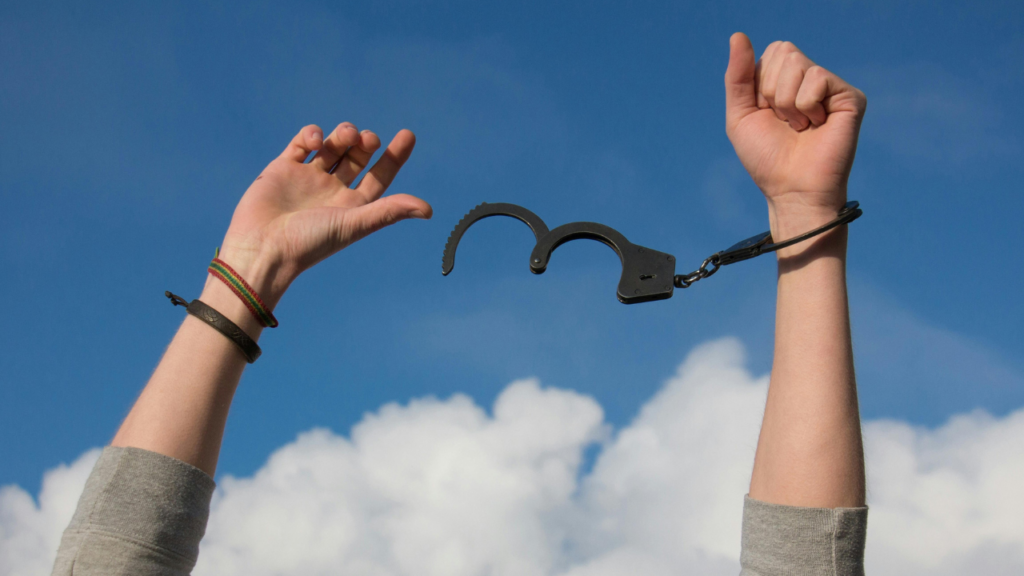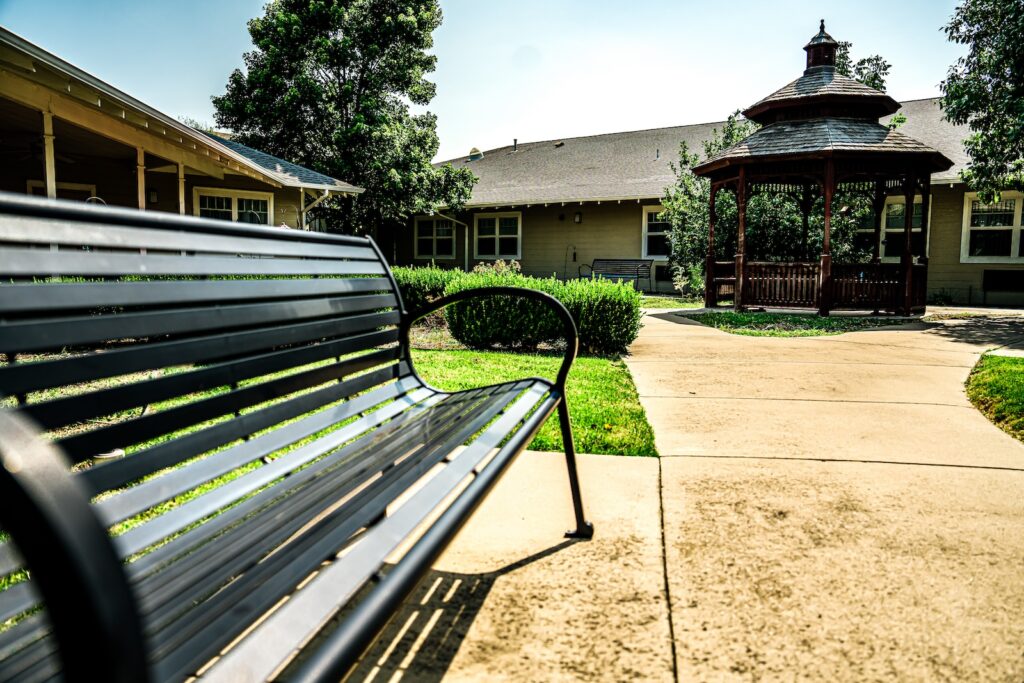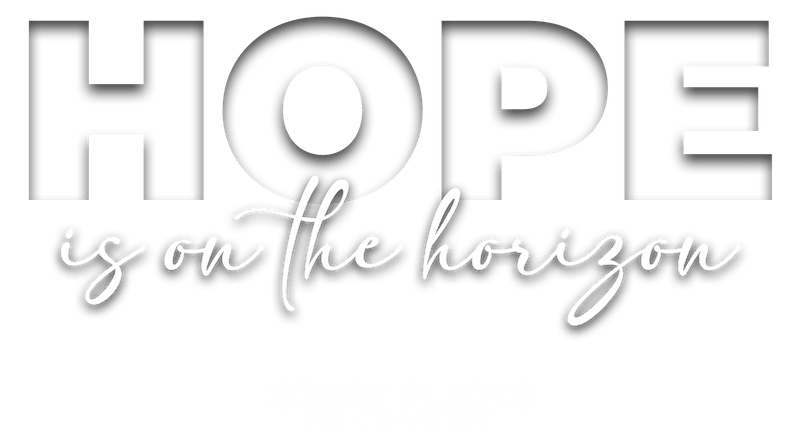October 3, 2025

Why Choose A Residential Rehab Away From Home?
Choosing a rural residential rehab creates space from everyday triggers and gives you an environment that supports focused recovery. Distance removes the people, places, and routines that kept use on repeat. Quiet surroundings reduce constant noise and distraction so you can sleep, think clearly, and engage fully in therapy. For many people, stepping outside the local scene is the single move that makes early change possible and sustainable.
How Do You Plan Travel For Rehab Without Added Stress?
Treat travel as part of treatment. Confirm your admission time, place your identification and insurance card in a simple folder, and keep medications in original bottles so reconciliation is fast at check in. Build in extra time for weather and traffic so you arrive calm rather than rushed. If the drive is long, consider an overnight stop near campus so you begin day one rested. Planning like this turns miles into a clear transition rather than an obstacle.
What Should You Expect During Admissions And Intake?
The intake process at a high quality addiction treatment center is deliberately predictable. You will complete safety screening, review belongings, and reconcile medications. A nurse and clinician will establish your immediate needs and outline your first forty eight hours so you know what is coming next. That structure replaces uncertainty with a stable rhythm and lets you shift attention from logistics to clinical work.

From evidence-based treatment to career readiness support, our team is dedicated to helping you build a brighter, healthier future—free from addiction and full of promise
How Do Families Stay Involved From A Distance?
Family participation remains essential even when treatment is far from home. Choose one point person for updates and agree on communication windows so messages stay clear. Ask about virtual family sessions and education so you can learn skills alongside your loved one. When families coordinate early, discharge planning becomes a continuation of treatment rather than a scramble.
What Does The First Week In Tulsa Rehab Feel Like?
The first week usually feels quieter than life at home. Evenings are calm, groups are focused, and distractions are limited. In that calm, patterns become obvious. You will identify the times you crave escape, the conversations that escalate, and the places where stress hijacks your day. Therapy then becomes training. You rehearse new responses until they feel normal, not heroic, and nights of solid sleep return energy that treatment can use.

Outdoor space at Great Plains Recovery
How Do You Prepare For Discharge Before You Arrive?
Strong programs begin discharge planning during admissions because success after treatment depends on what happens next. Ask how aftercare scheduling works, how medication management will be handed off, and how step downs such as intensive outpatient or outpatient therapy will be arranged near your home. When the next appointments already sit on a calendar, you carry momentum across the miles.
How Do You Bring The Calm Home After Treatment?
You can’t bring the landscape home, but you can bring its habits. Keep the same sleep window you practiced on campus and protect it from night one. Eat on schedule, attend the first therapy session within seventy two hours, and continue medications if prescribed. Identify one or two local places that feel quiet enough to reset so you can use short walks or brief pauses when stress rises. The goal is a routine that makes relapse less convenient than recovery.
Ready To Start With Great Plains Recovery Center?
If distance and quiet sound like the conditions you need, take the next step today. Call us to verify insurance, check current availability, and speak with an admissions specialist who can align travel and start dates with your family’s schedule. Begin in a setting that clears the noise so real change can take hold.




